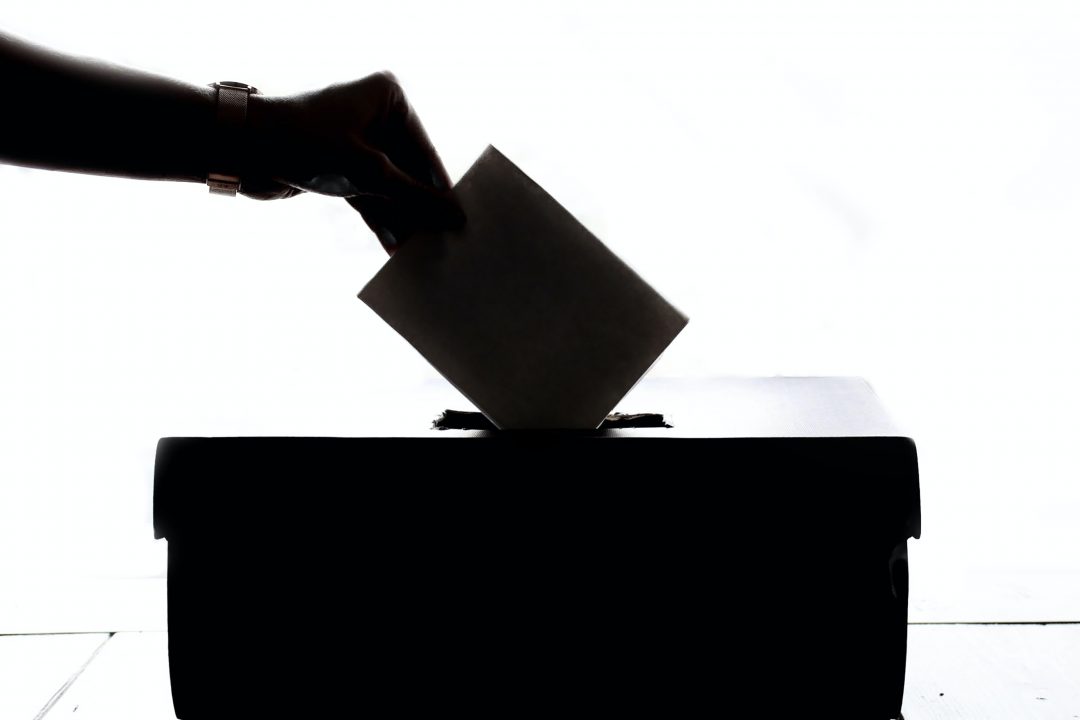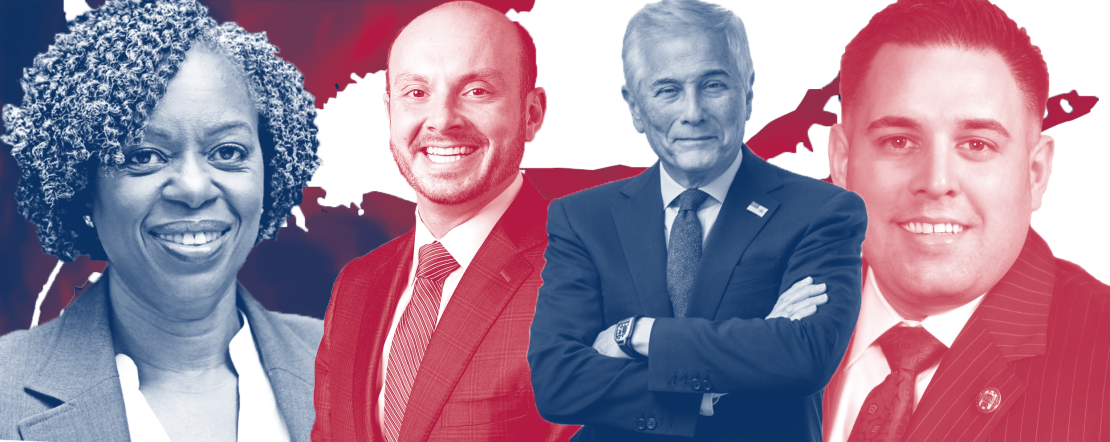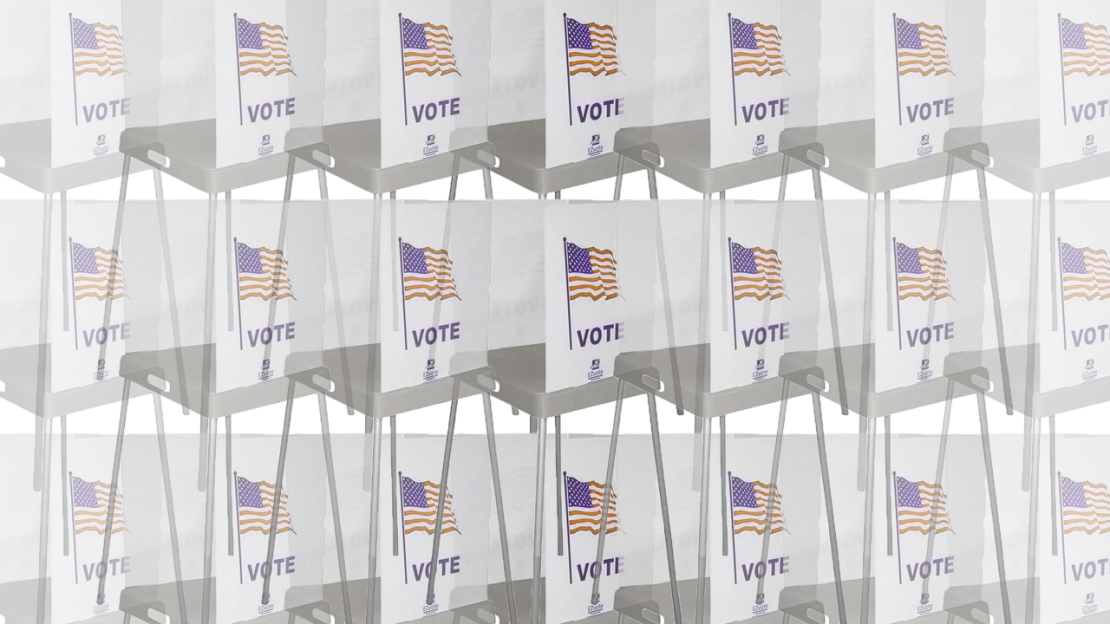
I wish most of this piece was providing an analytical, foolproof nail in Donald Trump’s coffin, getting him away from our political scene once and for all. I wish I could say all of the candidates Trump endorsed this year lost tremendously, or that the policies he ran on in 2016 and 2020 are no longer popular in 2022. However, candidates who impersonate his rhetoric usually make it to the general election, clearly indicating that the seven years Trump has been relevant aren’t a temporary stint.
Folks, what we’re looking at is the start of a new GOP, and they’re leaving Trump behind in spite of adopting his most radical policies.
Sure, Trump has had a few failures this primary season, with the most high-profile being Madison Cawthorn’s embarrassing primary loss in North Carolina. Another glorious defeat for the Trump train was none other than David Perdue, who, after infamously losing his seat against Democrat John Ossoff in Georgia’s 2021 runoff election, took a loss to incumbent Brian Kemp for Georgia’s governor seat this year.
But these small glimmers of weakness were few and far between. For the most part, Trump-endorsed candidates appear on November’s ballots in spades.
To see how his performance has been this primary season, we can simply look at our wondrous Ballotpedia and observe all the endorsements Trump has given out. And he’s been giving them out, expanding his endorsement effort two-fold since his 2020 re-election bid. Two hundred forty candidates received the Trump seal of approval in the primaries, and another 230 Republicans will be sporting the tag heading into the midterms. He also has an astonishingly high success rate; 92% of primary candidates endorsed by Trump have moved on to face their Democratic opponents.
You’d think that with these increased numbers, Trump has hand-selected each endorsement carefully. It would only make sense for one of the most high-profile figures in American politics to endorse individuals without going trigger-happy and careless with them.
But the only way I can describe his rationale for selecting his candidates, however, is nothing more than a coin flip.
Trump’s endorsement strategy for this year was to play the luck of the draw; he’ll announce on his social media pages that he has not yet decided who to endorse. Sometimes he’ll be incredibly vague, such as his pick of ‘Eric’ in a Missouri Senate race that featured exclusively candidates named ‘Eric.’ It’s just as much of Trump wanting to select the right endorsement as much as the candidates are vying for his.
What’s worse about this highly thought-over method is that some of Trump’s picks have been, to put it lightly, questionable. His selection of the ‘Eric’ genus in Missouri was done in part because former governor Eric Greitens has been accused of multiple instances of sexual assault, making many consider him a weak competitor in November. Madison Cawthorn was caught on video engaging in taboo sexual acts that many in the GOP found offensive, on top of his unsubstantiated claims that top-ranking Capitol Hill officials engaged in cocaine-filled orgies. Herschel Walker has come under fire throughout his entire campaign, including controversy over a report he urged his ex-girlfriend to receive an abortion in 2011 with their now 10-year-old son, a child who has come out to say he’s been neglected by the former NFL star. He’s now one of the most staunch opponents to abortion access this primary season.
Some other interesting endorsements include TV celebrity Dr. Mehmet Oz, who is in a tight race with Democratic candidate John Fetterman for Pennsylvania’s Senate seat. Oz has repeatedly been making gaffs along the campaign trail, with some of the most notable being a Twitter video in which he talks about the rising costs of ‘crudité’ and his campaign repeatedly insulting the health of his Democratic opponent after Fetterman suffered a near-fatal stroke earlier this year.
Matt Gaetz was under fire early last year after being under FBI Investigation for extraditing a minor to have sex with. Fellow House candidate Sarah Palin has been a controversial candidate since she was selected to be the vice presidential nominee of the late John McCain.
So from the outside, these endorsements seem to work as intended; it’s almost as if any candidate, no matter their qualifications, just needs Trump’s endorsement to catapult themselves to the general election.
But what’s most baffling is that this isn’t the case.
Many of these candidates were the popular choice anyway. Most of Trump’s picks were incumbents, and according to NPR nearly three-fourths of those were expected to win regardless of the endorsement. One can argue that Trump’s open primary success rate attests to his power in the GOP, as 91% of his open primary endorsements won their race. But taking a closer look at their campaigns, many of these candidates were already in position to win, making his endorsement less powerful than it initially seemed.
We’re not even considering the 54 races that were unopposed, inflating Trump’s success rate by nearly 25%.
So even though it appears that Trump’s endorsements are swaying elections, it’s likely that his chosen candidates would have been likely to win even without the endorsement, just because they’re using his rhetoric.
So then what is even the point of the endorsement? If most don’t change the outcome, why bother selecting candidates? What we’re forgetting here is the essence and original purpose of an endorsement. It shows solidarity: solidarity with a party that has now adopted Trump’s policies, and one that is open to the ideas brought out by far-right fringe groups and embraces overtly discriminatory behavior.
Trump’s selection process has been nothing more than a pandering to his most ardent supporters and his Republican naysayers. Believe it or not, even the Republicans who despise him actually love what Donald Trump represents. They agree with him on practically every issue, from election misinformation to abortion disintegration, anti-LGBT legislation and middle-class oppression: what we’re seeing is the next Reagan Revolution.
An even more concerning commonality amongst Trump’s picks is that they all deny the 2020 election results. And what’s worse? The party is eating it up. According to a University of Massachusetts poll conducted before the primary season, 71% of Republicans still believe Biden stole the 2020 Presidential Election, and a majority of Republicans prefer candidates that espouse the ‘Big Lie.’
What we’re seeing in mainstream politics are the symptoms of populist authoritarianism gaining steam with general audiences. Though it was introduced as watered-down identity politics early on in 2016, the years have slowly enriched the GOP with a near-fascist agenda many new candidates are beginning to cling themselves onto.
Trump’s endorsement success rate shows that the GOP is trying to move away from Trump without ditching his ideas. Like so much of the modern day GOP, the rise of Trump wasn’t of the man, but of the beliefs that caught on with individuals fed up with Obama’s neoliberalism. He came down the escalator at the perfect time where economic inequity was at a turning point and culture wars became dominant on social media, an inflection many saw as detrimental to the country at large. Trump wasn’t loved because he was a brilliant politician, or because he was a philanthropic man or even because of his bombastic personality. Because he is so controversial, it is safe to say Republican leaders don’t mind him taking a backseat while his ideas live on.
What people admired in him was his ability to represent the rebellion of white supremacists in the face of a diversifying and inclusive nation, unloading a cascade of grievances the white population has with the thought of a homosexual couple having a family, or with uplifting a poor Black family in the inner cities. Pretty soon, these comments of hate-speech and conservative extremism will just be a part of the lyricism of the G.O.P. And these endorsed candidates are merely the future party transitioning to something unseen in our recent political history.
So no, Trump’s not coming back. But his rhymes will be the earworms of our lifetime.
























